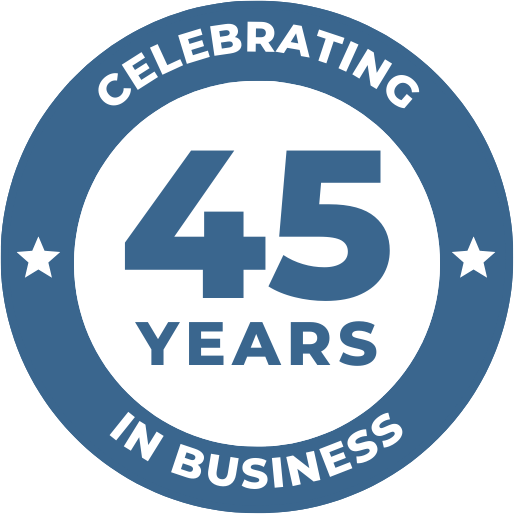 Buying a Business – Things to Consider
Buying a Business – Things to Consider
Buying a business is a big step with lots of risks, but for many people, the potential rewards of business ownership outweigh those risks. The key to making a successful business acquisition is putting your excitement on hold and critically evaluating the business you’re planning to buy.
The following are five things you should thoroughly consider before making an offer.
Is buying a business the best decision for you right now?
Are you simply buying because you’re bored or tired of looking? Do you even have the time and resources to run the new business? Many people buy before thinking about these things, which is a big mistake. You should only buy a business if you see an opportunity in the deal. Additionally, you must first assess your resources (time included) to determine whether you’ll be able to profitably run the business.
What is the current state of the business’ sales and payroll taxes?
In most U.S. states, tax authorities can go after a buyer if they find that the seller owed sales, payroll, use, and other business taxes. To avoid complications down the road, ask your state tax authority to issue a “clearance letter” saying that the business owes no taxes as of the closing date.
When it comes to the business’ sales you should also look at the company’s invoicing terms. Although Net 30 is the standard payment term for most companies, some allow their clients to take longer, and this can create cash flow problems for new business owners who may have taken on debt in order to purchase the company. In such cases, invoice factoring is often a viable solution.
For greater peace of mind, buy assets, not the business
This applies if the business is an LLC or a corporation. Do not buy stock in such a business. Instead, offer to buy assets in the business and form a separate company to act as the purchaser. You’ll get a better tax treatment and if the seller owed money to people, you won’t assume those liabilities.
Agree on who will deal with accounts receivable
Certainly, there will be customers who owe the seller money on the closing date. Who will be responsible for collecting the debt? There are two options; either you can purchase the accounts receivable at closing or you can let the seller collect the debt. To ensure business continuity, it’s advisable to go with the first option.
Negotiate a “letter of intent”
A “letter of intent” is a short letter outlining the important terms of the agreement. Among other things, it should state; the purchase price and how the amount will be paid, terms of the seller’s non-compete agreement, and assets that will be transferred to the buyer and those that the seller will keep.
Considering buying a business but worried about your initial cash flow? Give us a call at 1-800-297-6652 to learn about our flexible factoring solutions.







